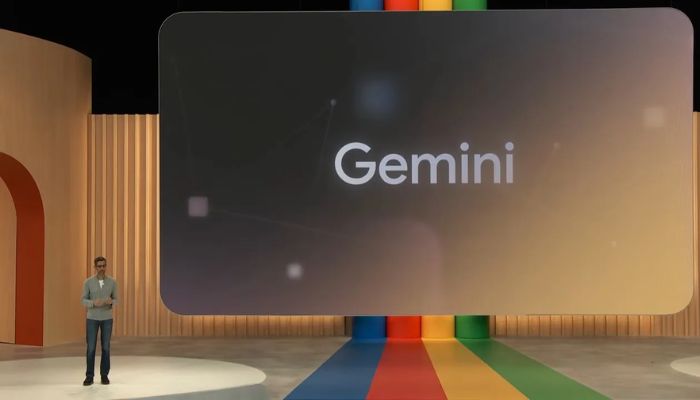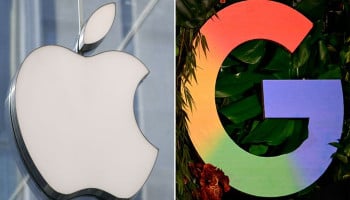
Google finds itself in a realm of ChatGPT alternatives with Google Bard and Google Search SGE, yet neither quite fills the ChatGPT shoes nor boasts its popularity. But the forthcoming Gemini may shake up the landscape.
This ambitious project from Google aims to rival OpenAI's finest, GPT-4. The summer promised Gemini's arrival, but the wait for its daily use seems far from over. However, rumours hint at an imminent launch event this week, if reports are to be believed.
Initially planning an in-person Gemini debut, Google changed gears, shifting to a virtual launch event, as reported by Gizmodo.
The shift from in-person to virtual raises questions. Without reporters able to test Gemini during a virtual demo, concerns arise.
Reports highlight a glaring issue with Gemini: its struggle with non-English queries. A global product from Google should handle multilingual queries adeptly, a challenge facing both GPT-4 and Gemini.
Multimodality, a pivotal trait in AI models, demands Gemini to process text prompts, images, and voice inputs, an area where GPT-4 excels — a feature even available in the free version of ChatGPT.
Unveiling an unfinished Gemini might still grant Google a win in today's AI scene. As OpenAI encounters internal upheavals, including the CEO's dismissal and subsequent reinstatement, conjectures abound. Speculations range from concerns over a major breakthrough similar to AGI to internal disputes between key figures.
Present circumstances favour Google's move: OpenAI is postponing the custom GPT store and restricting ChatGPT Plus access. It's an opportune moment for Gemini's debut if it can match GPT-4's prowess. Google's prior AI attempts with Bard and SGE have underwhelmed, to put it mildly.
ChatGPT reigns supreme in AI, just like the iPhone's impact on smartphones. Despite Google's late entry, it dominates mobile OS. Mimicking this success in AI would diversify competition and foster safe innovation.
















